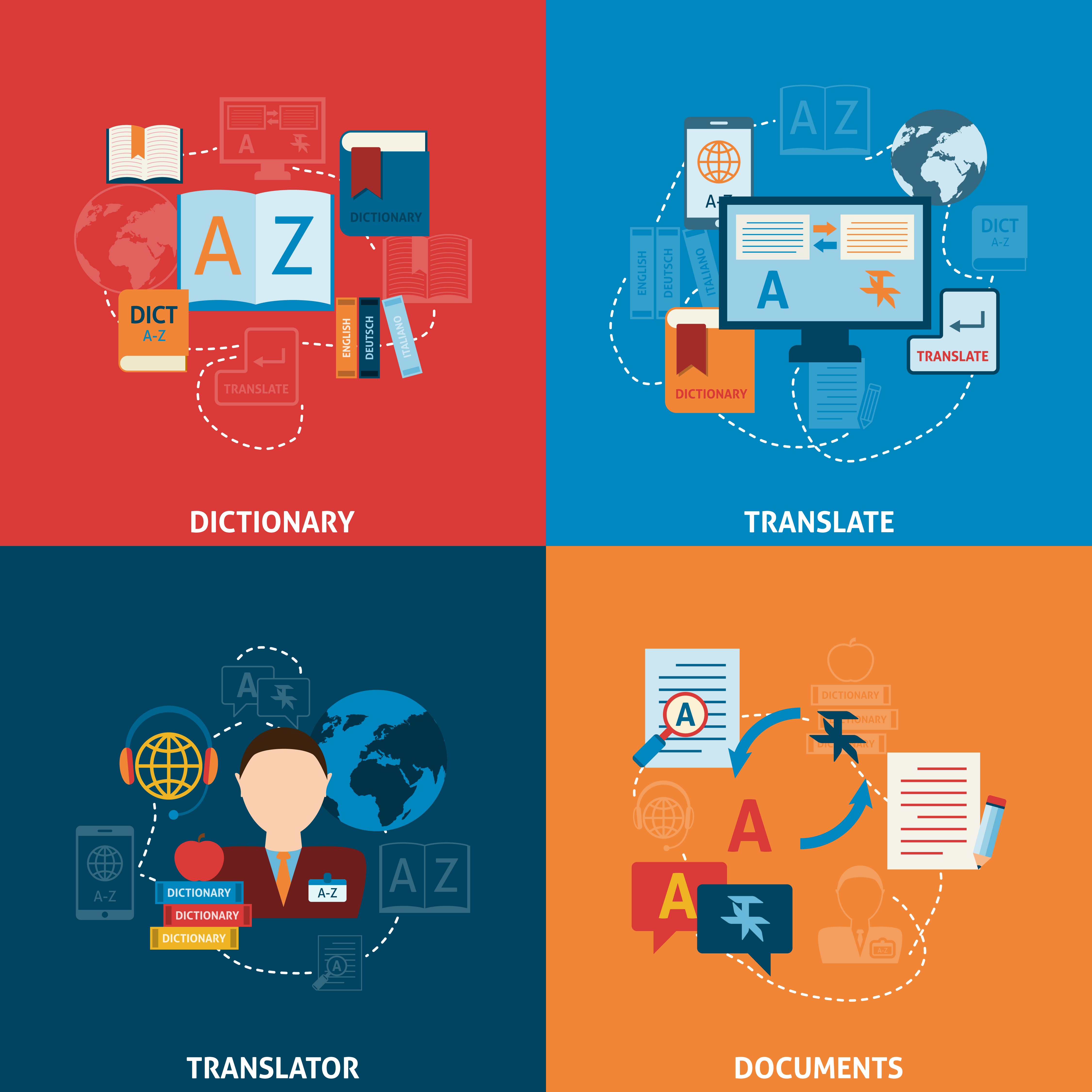While localization is usually considered later for some companies, considering quality assurance (QA) testing for localization occurs even further down the line.
In the grand scheme of new market success, just as localization should be discussed early in the strategy, QA testing should be planned and implemented early on during the actual localization process.
Translation and user interface errors can easily damage a brand’s reputation with new consumers and hinder a company’s success. Utilizing a standard localization QA tester is an easy fix to avoid technical or translation errors, but understanding the reasons for QA testing on a broader scale is the best solution for protecting the user experience.
What is Standard Localization Quality Assurance Testing?
The localization process involves every step to make content readily available in a different language, including QA testing. Standard QA testing includes flagging material to ensure all content translates accurately, fonts render correctly, fixing coding issues, and handling all other display errors. This level of QA testing is done from a very objective standpoint by a localization QA tester. This scope of QA testing can be very rigid and formal. It may be sufficient if the entire localization process is well built and includes review processes before QA testing.
Five Questions to Ask a Localization QA Tester Before Hiring
Although it’s a very standard process, a localization QA tester is beneficial for an end-review process to fix translation or user interface errors. With this in mind, here are five questions you can ask to assess the competence of a localization QA tester before working with them: Question 1: Do you have technical accuracy in finding errors effectively and consistently? Answer: Yes. A localization QA tester should be able to find errors consistently for more efficient QA review and fewer delays associated with correcting errors. Question 2: What number of projects have you worked on with relevant experience?Answer: A localization QA tester should provide an ample amount of relevant work experience on projects that are closely related to the level of localization your product requires. Question 3: What is your rate of productivity? Answer: Localization QA testers should measure their rate of productivity in either words successfully translated or hours spent working on each localization project to showcase how efficient their skills are. Question 4: Are you a native speaker of the corresponding language? Answer: Yes. Your localization QA tester should be a native speaker of the language you are working with to increase their effectiveness in finding localization errors. Question 5: Do you have a high level of enthusiasm for the content? Answer: Yes. Each localization QA tester should enjoy the content they are testing so that they produce better quality localized content. These basic questions can help you secure a localization QA tester that possesses the skill and subject matter expertise to ensure you have an error-free user interface before entering new markets.
Is Standard Localization QA Testing Enough?
As stated before, the level of testing provided by a localization QA tester is a sufficient process for fixing errors when the localization process includes a comprehensive review process before QA testing. This step prevents numerous errors flagged at the end of the localization process because most get caught during earlier reviews. However, standard QA testing omits the subjective testing necessary for ensuring the content is enjoyed by consumers. The most effective QA testing includes senior employees like marketing directors, project managers, and other decision-makers who have a clear opinion of how the brand should sound or the product should feel to consumers. These experts are the ones capable of the subjective testing that focuses on the user experience perspective. This process includes questioning the tone of the material, content relevance, etc. This level of QA testing bridges the gap between fixing the content consumers see and choosing content consumers want to see. Along with incorporating executive input, iterative QA testing should be implemented at a very early stage in the localization process. For instance, in a planned 30-week process, QA should begin in week three or four to optimize the testing process. Subjective issues like tone can be flagged initially, and changes can be made easily without major delays or expenses.
Experience Consistent QA Testing with Bureau Works
At Bureau Works, we believe market acceptance is the ultimate QA test. We incorporate QA testing as a natural part of our process with consistent testing and not just an end review. We also use automated QA testing, flagging, and AI algorithms to further mitigate the issue of finding excessive major problems at the end of a localization process. Our localization management platform not only includes QA checks for translation accuracy, layout consistency, font, visuals, and other display errors, but it also coincides with expert and client feedback to ensure a result that makes stakeholders and users alike happy with the final product. We provide an end-to-end service that focuses on adapting content in a way that will be enjoyed by consumers.
Unlock the power of glocalization with our Translation Management System.
Unlock the power of
with our Translation Management System.






























